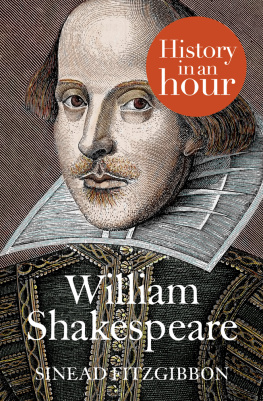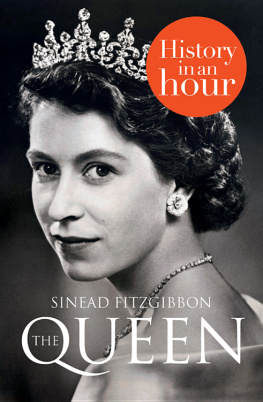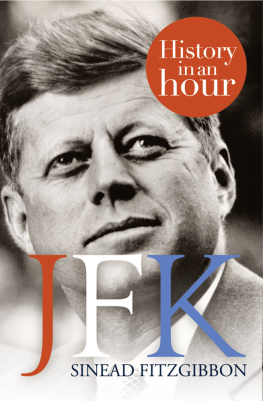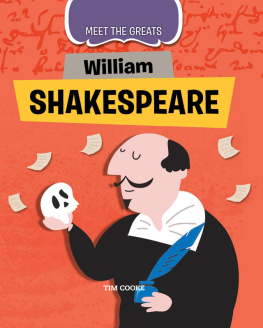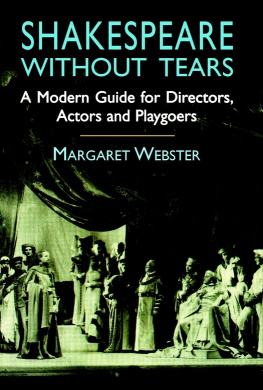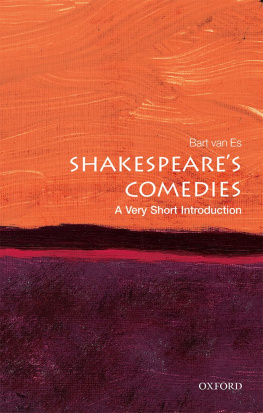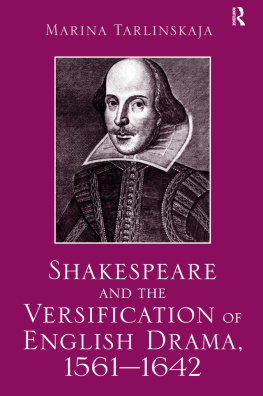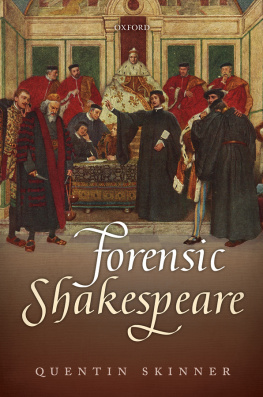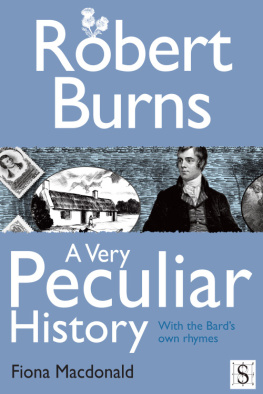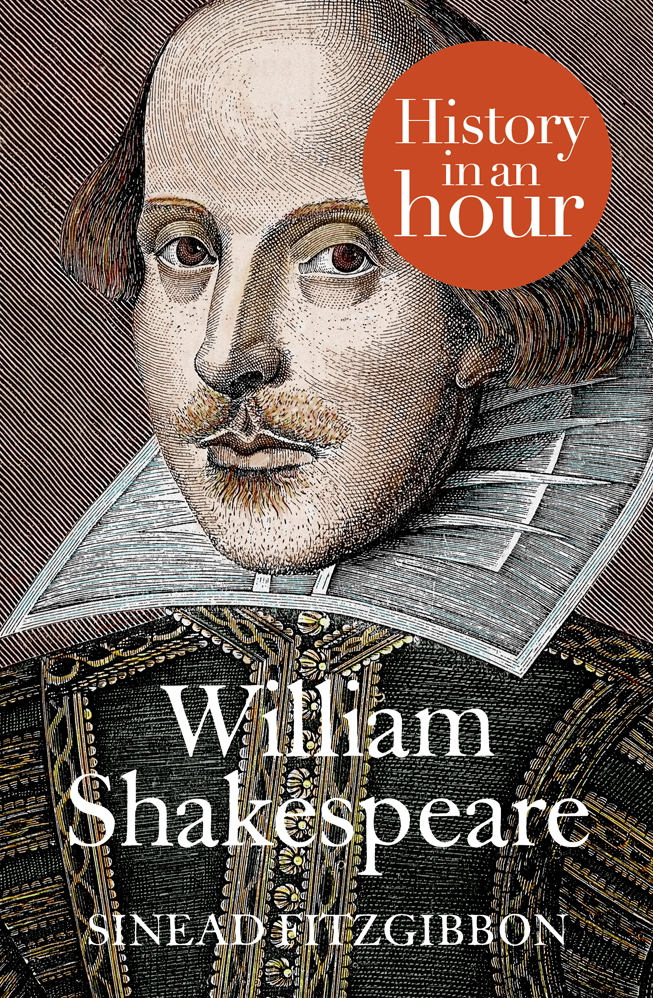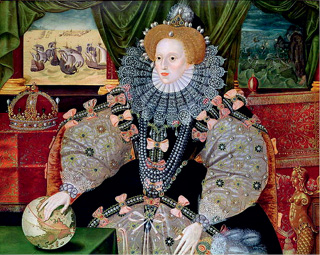Of all the writers this world has ever produced, William Shakespeare is among the very few who scarcely need an introduction. Widely thought to be the greatest dramatist of all time, he is also considered one of our finest poets.
With a writing career that spanned twenty-five years during the creatively febrile late Elizabethan and early Jacobean periods, Shakespeare produced an awe-inspiring oeuvre which heavily influenced the development of the English language. Indeed, thanks in large part to the emotional intelligence of his work and his innate understanding of the human condition, the Shakespearean canon has transcended time, literary fashion, even national identity. Although he will always be associated with England, William Shakespeare has become an integral part of world culture. Little wonder then, that his writing has endured for almost 450 years.
But despite the ubiquity of his work, and his continuing influence, very little is known about Shakespeare the man a fact which inspires fascination and frustration in equal measure.
This, in an hour, is the history of William Shakespeare.
To understand the man, you must know what was happening in the world when he was twenty.
While this maxim, thought to be coined by the French political and military leader, Napoleon Bonaparte, can be applied to the study of almost any historical figure, it is especially true when considering the life and work of Englands revered national poet, William Shakespeare. The world into which Shakespeare was born was one characterized by unprecedented political, religious and cultural upheaval, all of which would have a profound impact on the man and the poetic and dramatic canon he would produce.
Just eighteen months before Shakespeares birth, Englands political system had been plunged into turmoil when Elizabeth I, who had been on the throne for just over four years, contracted smallpox. Although she survived, and would go on to reign for a further forty years, Englands political future at this stage seemed far from secure. The queens unmarried status and childlessness compounded matters. Although ultimately she would choose to remain unfettered by matrimonial ties, throughout the 1560s and 1570s fears abounded that English sovereignty would be jeopardized should she choose to marry a suitor from the French or Spanish royal families. This bred an atmosphere of strident patriotism mixed with a suspicious fascination about the workings of foreign courts.
Elizabeths ascension to the English throne in 1558 also precipitated a return to the Protestant Reformation, which had first been introduced to the country by her father, Henry VIII, and which had been briefly interrupted during the short-lived reign of Elizabeths predecessor and half-sister, the staunchly Catholic Mary I. This swinging of the religious pendulum from Protestantism to Catholicism and back again had inevitably caused grievous and injurious hostility between the two faiths. Tensions escalated still further when Elizabeths Parliament passed the Act to Retain the Queens Majestys Subjects in their due Obedience in 1581 declaring the practice of Catholicism to be a treasonable, and therefore capital, offence. The central Christian tenet of love thy neighbour, common to both Catholicism and Protestantism, was all but forgotten as an insidious atmosphere of mutual suspicion and mistrust took hold across the land.
The sixteenth century, the world which greeted Shakespeare, was also notable for being a time of unparalleled discovery and invention which brought about an unprecedented expansion of horizons, both literally and figuratively. The previous century had seen the discovery of the Americas by Spanish explorers and the first circumnavigation of the globe by a Portuguese, Ferdinand Magellan. By the time of Shakespeares birth, the English were striving to emulate the successes of their European counterparts, efforts which would culminate in Sir Francis Drake successfully completing the second circumnavigation of the world on his galleon, The Golden Hind, in 1580. These discoveries and explorations had shattered many long-held certainties, including the belief that we lived in a flat world which was dominated by the European landmass, thus marking a profound shift in mankinds knowledge and understanding of the world.
Elizabeth I c. 1588
It makes sense that this expansion of human consciousness would not remain confined to the realms of geography and science. It would ultimately spill over into the arts, ushering in a period of hitherto unmatched creativity, which became known as the English Renaissance. Music, architecture and the visual arts would all benefit from this explosion of innovation, but by far the most important developments would be seen in the literary and especially the dramatic arts.
Once the preserve of the royal court and aristocratic houses, the early Elizabethan era saw the democratization of drama, which would bring plays to the masses for the first time. Initially staged in the inns and bear-baiting arenas of Londons liberties, demand for this new form of entertainment was such that a purpose-built theatre called The Red Lion (the first to be constructed in London since Roman times) was soon completed in 1567. This was followed by The Theatre in 1576 and The Curtain a year later. Soon, aspiring playwrights were flocking to London in the hope of taking advantage of this revolution in mass entertainment. Thus, the stage was set for the emergence of the greatest English dramatist of them all, William Shakespeare.
The works of William Shakespeare are, without doubt, the most studied and admired in the English language. Indeed, they have inspired such a level of acclaim that, in 1901, George Bernard Shaw came up with the term bardolatry in an attempt to describe our collective tendency to heap acclaim on our beloved verse-maker.
Despite this, and the fact that he has been the subject of innumerable scholarly researches and biographies, we actually know surprisingly little about the man himself. In fact, William Shakespeare made only four appearances on various official records before he turned up in London in the 1580s: at the time of his birth, his marriage, and the birth of his children. This was not unusual for the time lower levels of literacy meant that there was less emphasis on record-keeping and bureaucracy while, in many cases, those documents that did exist have subsequently been lost to the passage of time. Another reason for this paucity of biographical information lies in the fact that the fashion for diary-keeping and memoir-writing (and the reading of these writings) only began to emerge in the mid-seventeenth century, some forty years after Shakespeares death. And even then, no one had the foresight to record for posterity the reminiscences of his last surviving daughter, Judith, before her own demise in 1662. As a consequence, William Shakespeare remains a ghost-like presence in his own story, a shadow that remains tantalizingly opaque. The first puzzling biographical detail we encounter is the question of his date of birth.
It has long been agreed that William Shakespeare was born on or close to 23 April 1564. There is pleasing synchronicity in this, considering he died fifty-two years later on the same date. The poetic resonance of this anniversary is further amplified when one realizes that Englands national poet shares his birthday with the feast day of Englands patron saint, St George. The coincidence is certainly compelling or it would be, if it were true. Unfortunately, much like many other aspects of Shakespeares life, we simply cannot be sure of the veracity of this famous birth date.

